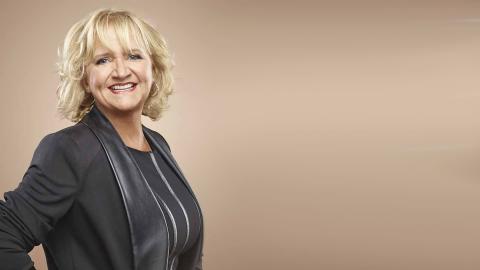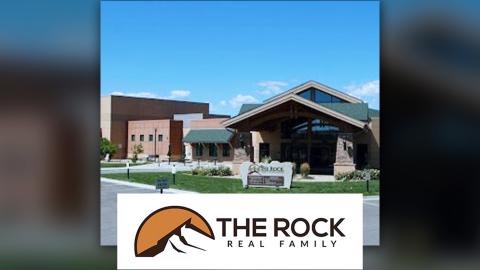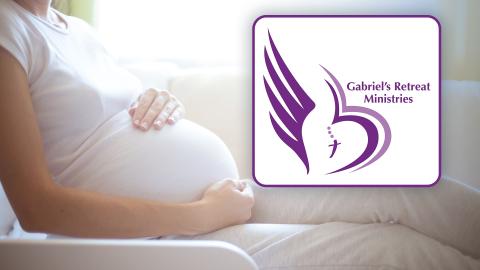Interest in Israeli Smart Hand-Washing Device Surges with Coronavirus
JERUSALEM, Israel - Interest in an innovative Israeli hand-washing device has surged since the outbreak of the COVID-19 pandemic, with some 70 percent of the countries in the world asking about it in one month.
Soapy is a smart hygiene device that creators say is changing the way people wash their hands.
“As long as human beings will have hands, and they will use those hands to interact with their environment around them, that means that you will need to wash your hands properly,” said Soapy CEO Max Simonovsky.
Simonovsky said in the last month, Soapy received inquiries from 136 countries.
“We can help in control and prevention. The majority of the guidelines or advice about how to prevent yourself from being infected is about hygiene, sanitation and social distance… and hand hygiene is on the top,” Simonovsky told CBN News.

“We’re giving you the right environment to wash your hands and the right technology to do it. We’re giving you feedback on how your handwashing practice was,”
The first users of the machine were in India and developing countries two years ago but then the word got out.
“We suddenly started to receive inquiries from the developed countries, like (the) US and Canada and England and Italy and Germany and Israel,” he said.
Simonovsky demonstrated just how the machine works.
“So when you approach the unit, the unit will recognize the unique user and when I reach my hands it will be the second trigger so it (gives) some soap and water, to make sure I have all the ingredients to soap my hands properly and I have enough time to do all of the movements that I’m supposed to do in practicing hand hygiene,” Simonovsky explained.
“All of that again will be monitored and checked. Then I’ll have the right amount of water at the right temperature to wash everything that I have on my hands and again it’s very important to continue scrubbing my hands even during the rinsing,” he added.
The machine measures one’s lathering and rinsing techniques and rates each and then gives a total percentage of how clean the hands are.
According to experts, a person should wash his/her hands 12 times a day but most people only do it five to six times a day.
“That’s only how often you’re washing your hands. This is not about the quality level,” Simonovsky explained.
“According to CDC and publications, maybe five to seven percent of people (are) washing hands properly. Even if you take those 5-6 times that you are washing your hands, most of them will be a bad washing cycle,” he added.
By using facial recognition, the machine assigns a random number to each user. Simonovsky said it doesn’t know your identity or anything about you except how you wash your hands.
Then, Soapy actually teaches you how to better wash your hands.
“So you know right away where you can improve and what you need to improve to increase that result and make sure that your hands will be clean every time, everywhere, every day,” he said.
Soapy is also good for the environment. It saves on soap and uses about 20 times less water.
“And the water is pre-heated to the right temperature so we’re also saving on electricity,” Simonovsky added.
Last year, before the COVID-19 outbreak, the Forbes business magazine said of the company “by gamifying handwashing soap might just save civilization.”
Currently, the Soapy machine is used primarily in the food preparation industry, for health care workers and in schools. But Simonovsky said they’re working on a product for the home.
He says handwashing just isn’t that simple.
“It’s real science and if you have a real science then you need to have a technology to help you with that,” he said.
FOR CBN NEWS CONTINUING COVERAGE ON COVID-19, CLICK HERE.




